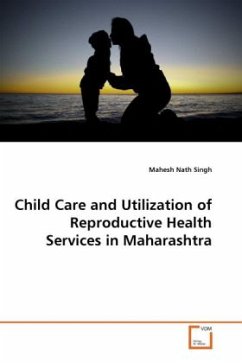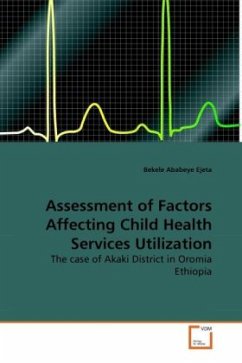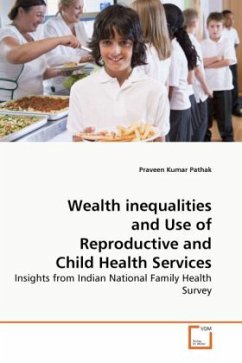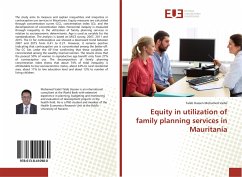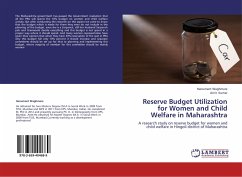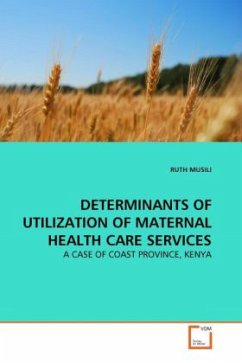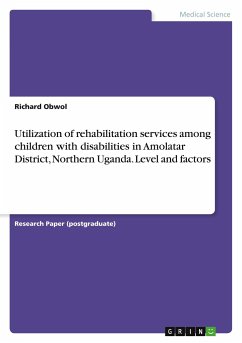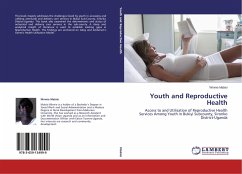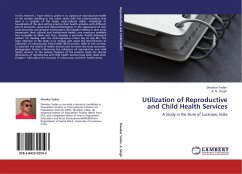
Utilization of Reproductive and Child Health Services
A Study in the Slum of Lucknow, India
Versandkostenfrei!
Versandfertig in 6-10 Tagen
39,99 €
inkl. MwSt.

PAYBACK Punkte
20 °P sammeln!
In this research, I have tried to probe in to aspects of reproductive health of the women dwelling in the urban slums with the understanding that slum is a complex of the larger socio-cultural milieu. Individuals or households of the slum setting practice their health activities with different sets of economic, social and cultural belongings. In the appearance of new socio-economic and physical environment, the people residing in slum areas perpetuate their cultural and institutional health care resources available and accessible to them and thus, develop a particular health behavioral pattern...
In this research, I have tried to probe in to aspects of reproductive health of the women dwelling in the urban slums with the understanding that slum is a complex of the larger socio-cultural milieu. Individuals or households of the slum setting practice their health activities with different sets of economic, social and cultural belongings. In the appearance of new socio-economic and physical environment, the people residing in slum areas perpetuate their cultural and institutional health care resources available and accessible to them and thus, develop a particular health behavioral pattern for dealing with the heterogeneous urban day to day life. The main objective of the study is to analyze and assess the determinants of utilization of reproductive child health (RCH) services. With in this context, to ascertain the extent of health services and to know the socio-economic-demographic factors influencing the utilization of reproductive and child health services. In the variouschapters of the present study the diverse dimensions of reproductive and child health services have been dealt with. Chapter I talks about the scenario of urban poor and their health status.



